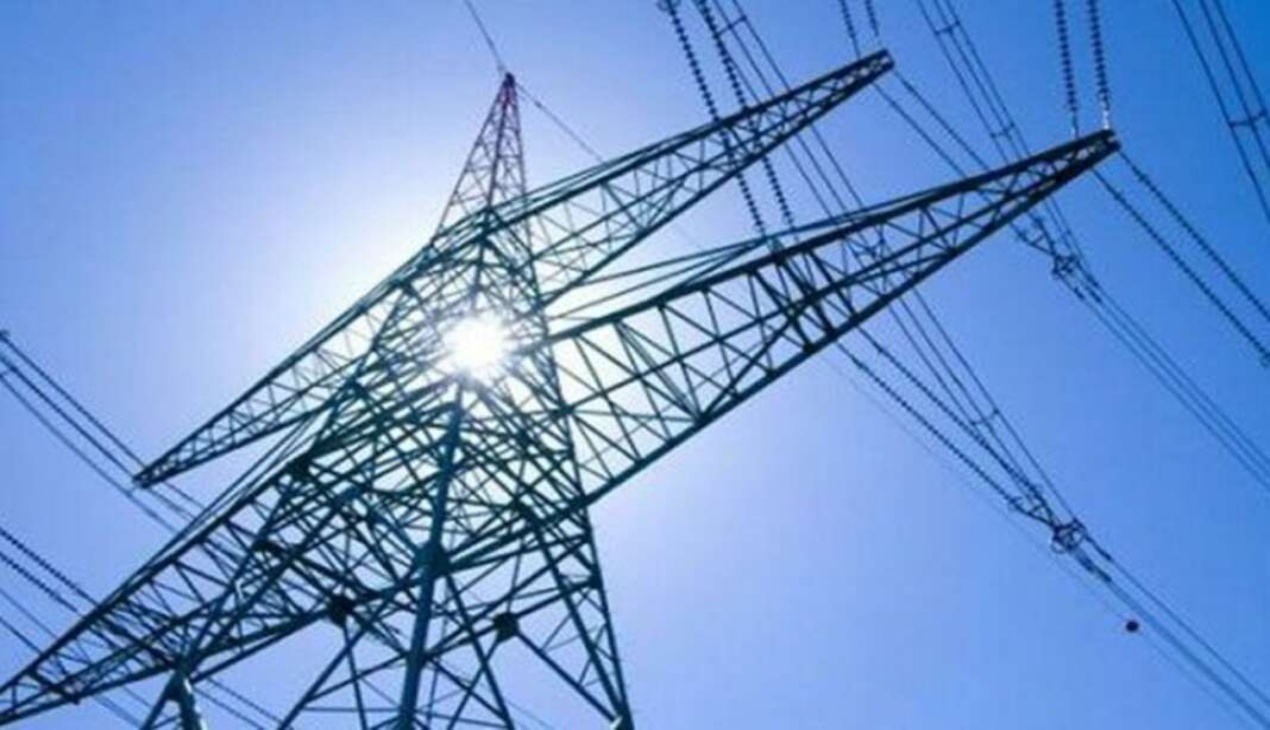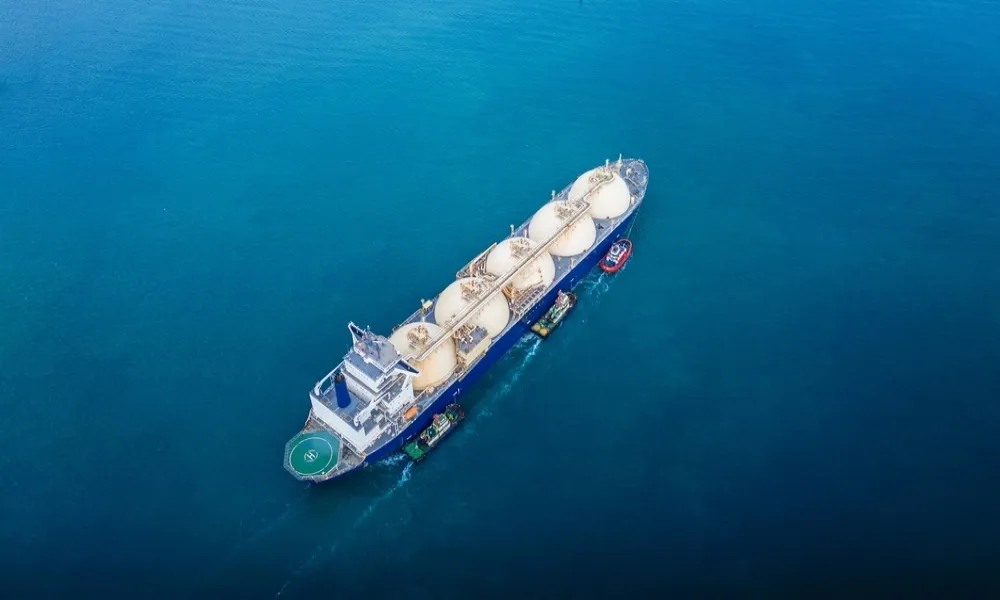The Ministry of Finance has placed the Greece-Cyprus electricity interconnector, as well as the Vasilikos natural-gas import terminal, among the fiscal risks facing the Republic. Speaking to reporters after the Cabinet approved the 2026 state budget, Finance Minister Makis Keravnos was again explicit about the interconnector:
“I have referred to internal and external risks we have weighed, and among them is the GSI project. The cost of the project, as I have said before, no one knows. No one is telling us how much it will cost to implement,” he said.
Asked whether a Greece-Cyprus intergovernmental agreement exists for the project, Keravnos replied: “I am informing you of what I know; I have not signed any memorandum.” He later clarified: “I see the project as a risk to the sustainability of public finances. The discussion is ongoing. If we disburse the money, the €25 million for the implementing entity’s expenses in 2025, there is a risk. As I have said, there are studies indicating the project is not viable.”

Possible removal from the recovery plan
Keravnos did not rule out removing the Kofinou converter station, the Cypriot landing point for the interconnector, from the National Recovery and Resilience Plan, which currently provides a grant of roughly €100 million.
“This period we are evaluating all projects and reforms in the Recovery and Resilience Plan to remove anything that cannot be completed by June 2026, when the EU’s ‘Next Generation EU’ disbursement window closes,” he said.
On the Kofinou works specifically, he added: “It is an issue we are studying. In all likelihood, based on current data, unless new elements emerge, it will be removed.”
Vasilikos project also under watch
The Ministry’s budget note also flags the Vasilikos LNG terminal as a potential fiscal risk.
“As regards fiscal risks,” the note says, “we point to the possibility that deteriorating geopolitics could negatively affect domestic economic activity. There is also a risk of a worsening fiscal position due to climate-change impacts -natural disasters, compensation needs in the primary sector, and investment in prevention and preparedness. At the same time, any implications related to the Vasilikos LNG terminal must be managed.”
In the London arbitration between ETYFA (Cyprus’ Natural Gas Infrastructure Company) and the Chinese consortium originally awarded the project, the consortium is seeking €184.5 million in compensation.
Public wage bill and CoLA
Keravnos highlighted efforts to contain the public wage bill, which in 2026 is projected to hold at 27.5% of total expenditure, down from 28% in 2025 -a result, he said, of deliberate policy and spending discipline. For a second straight year, net public-sector positions are set to decline: in 2026, a reduction of 14 positions is planned, with 472 posts removed and 458 new hires.
On the Cost of Living Allowance (CoLA), the Minister said the Finance Ministry is acting pre-emptively to ensure that full (100%) restoration for employees is delivered in a way that does not upset fiscal balance or wage-bill containment. “We have carried out extensive simulation exercises to assess the impact of this policy on the country’s public finances,” he noted. He added that a study to restructure the public pay framework is at an advanced stage and will not rely solely on IMF proposals.
Headline figures for 2026
The 2026 budget foresees expenditure of €12.952 billion. Keravnos called it balanced and growth-oriented, with emphasis on social cohesion, sustainable development of key sectors and a resilient financial system. Real GDP growth is projected around 3.1% in 2026, with unemployment easing to 4.6%.
The fiscal surplus is expected at 3.6% of GDP, while the primary surplus remains at 4.9%, the same as last year. Public debt is projected to fall to 52.9% of GDP in 2026 from 57.9% in 2025, continuing a steady decline aimed at 43% by 2028. Social benefits rise by 6.7%, including, for the first time, a €26 million allocation for persons with disabilities.
Despite the favourable indicators, Keravnos said the Ministry remains alert to potential shocks from geopolitics and climate change, including natural disasters, losses in the primary sector and the need for new prevention infrastructure.

The President’s message
Addressing the Cabinet, President Nikos Christodoulides underscored the importance of the economy’s positive trajectory.
“Compared with developments in major euro-area economies, and given we are in the midst of two wars, this illustrates the responsible economic policy we are pursuing and will continue to pursue. Especially in the economy, we neither experiment nor play games. We are accountable only to the Cypriot people. We will continue with the same responsibility, and it delivers results,” he said.
